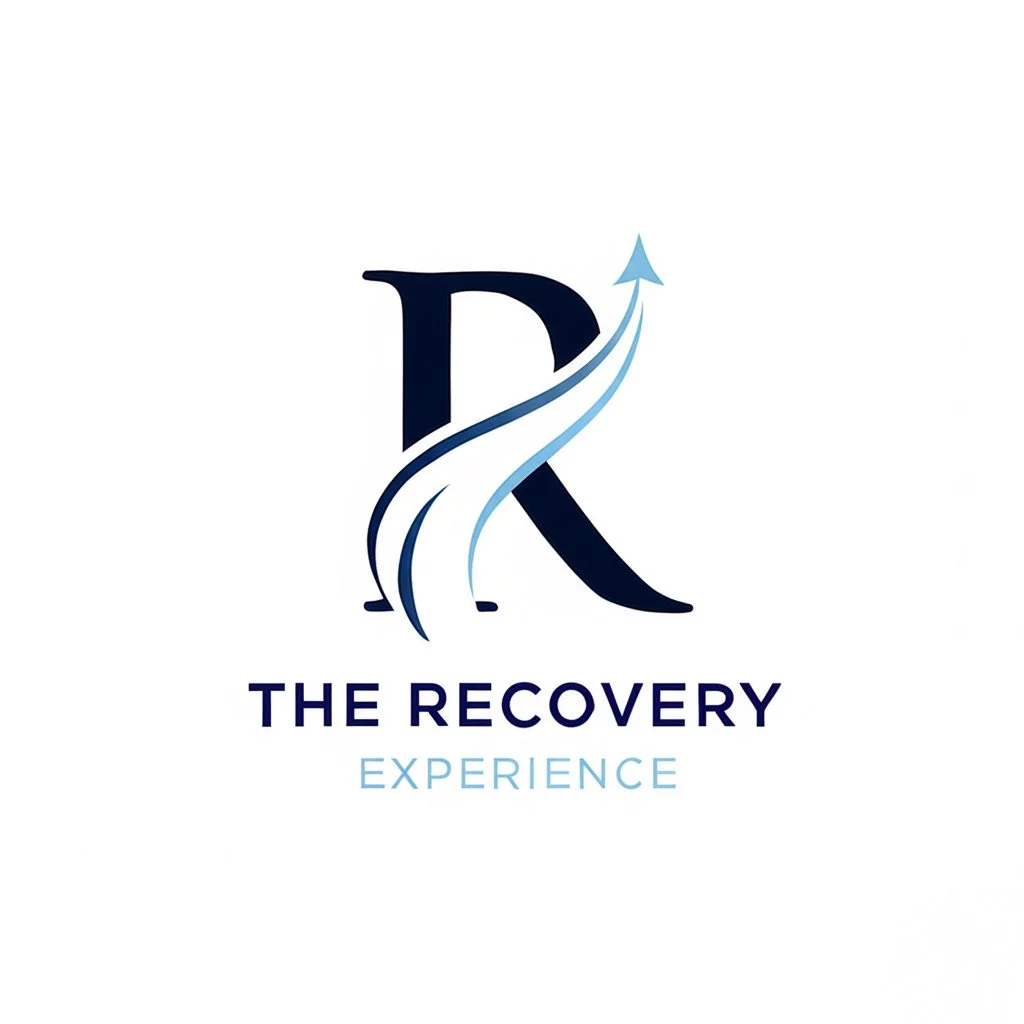Making Connections in Recovery
You Don’t Heal Alone - And You’re Not Meant To
Recovery is often misunderstood as something you must do on your own. The truth is, connection is one of the most powerful tools you have. Building meaningful relationships—with peers, mentors, family, or community—provides the support system you need to grow stronger every day.
Why Connection is Essential
It creates belonging. Feeling accepted and understood reduces isolation—a common relapse risk.
It provides accountability. People who care about you can remind you of your goals and hold you steady.
It shares wisdom. Others further along in recovery can offer tools, strategies, and hope.
It fuels motivation. Seeing others succeed reminds you that healing is possible.
Where to Build Connections
Professional support: counselors, recovery coaches, therapists.
Peer groups: recovery circles, 12-step or non-12-step programs.
Family and friends: loved ones willing to listen and encourage.
Communities of purpose: volunteer groups, hobby circles, or faith communities.
How to Strengthen Your Network
Be proactive—attend meetings, call a friend, or join a support group.
Set healthy boundaries—choose people who lift you up.
Be consistent—small, steady check-ins matter more than occasional big efforts.
Give as much as you receive—supporting others strengthens your recovery too.
Connections are not optional in recovery—they are essential. Healing deepens when you surround yourself with people who lift you up, remind you of your worth, and walk alongside you through the journey.
